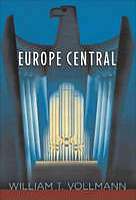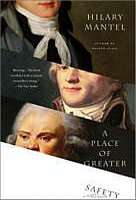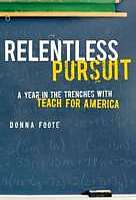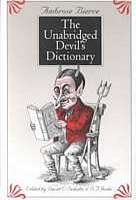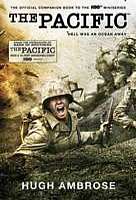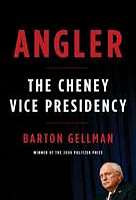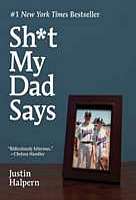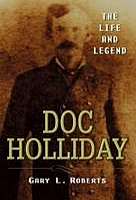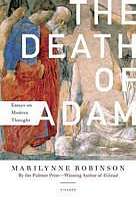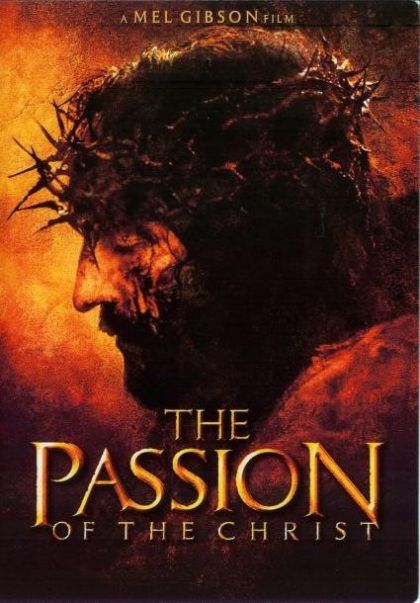 Reviews
Reviews
Totalitarian Zeitgeist
William Vollman's Europe Central is a layered novel that provides various perspectives of World War II through the thoughts and activities of selected historical actors from Nazi Germany and the Soviet Union, including Käthe Kollwitz, Kurt Gerstein, Dmitri Shostakovich, General Paulus and General Vlasov, among others. Each character carries their particular tragedy forward within the context of the times and the two totalitarian regimes.
Storming the Bastille, then laundry
'Today we stormed the Bastille; I got there late; I heard it was bloody. Then I went home and had an argument with my mistress about the laundry. She spends too much time gossiping with the concierge. Hmmm, what's that I smell for dinner?'
Such parody is a little harsh, but it serves to underline the overall pedestrian nature of this historical novel; the author's subject deserved better. That subject is the French Revolution as seen through the eyes of three major characters: Desmoulins, Danton and Robespierre, two of whom were members of the decidely unsafe Committee for Public Safety, all three of whom were consumed via the guillotine in the most unsafe year of 1794.
Teach for America
Donna Foote's book Relentless Pursuit: A Year in the Trenches with Teach for America describes the controversial teacher program, following five of its young college graduates who immediately out of college and just after a short training stint, are teaching for the first time, and in failing inner city schools.
Parascience: Fair – or not
In the very first sentence (above) of this collection of essays, who's full title is Absence of Mind: The Dispelling of Inwardness from the Modern Myth of Self, Marilynne Robinson fires an immediate broadside as she sails the still uncharted territory of consciousness, or perhaps, the territory of charting consciousness. The title 'Absence of mind' appears at least a double entendre: The removal of the mystery of the mind by sloppy, imprecise parascience (a word Robinson uses more in the sense of scientism) and a poke at those who would arrogantly misuse the authority of science as being absent of mind.
Cynicism of the highest order
Ambrose Bierce is one of America's most celebrated cynics, along with Mark Twain and H. L. Mencken, and others too various to mention. His Devil's Dictionary provides ample dollops of irony, much of it directed seemingly at others while instead pointing directly at one's self.
Martin Gardner – Thanks for many hours of delight
Martin Gardner, a serious thinker and polymath, most famous for his mathematical puzzles and his Annotated Alice, died recently at the ripe old age of 95. Martin was at his most public during the years that he wrote the famous Mathematical Games column for Scientific American. I will miss him very much, not so much for his puzzles, which held little interest to me, but for his wide ranging essays and expositions on science, mathematics, philosophy and even poetry.
Too pacific
I picked this book up on whim, to fill the hours of a long plane ride, mostly because of my admiration of the The Band of Brothers HBO series. I had read that the new HBO Spielberg-Hanks production The Pacific was also excellent, but I do not have access to HBO and was waiting for the series to be published in blue-ray. So I thought, the book The Band of Brothers by Stephen Ambrose, upon which the HBO series was based, was very good, so why not just read The Pacific in anticipation of that TV series?
The historic Cheney Vice-Presidency
Bart Gellman's book Angler: The Cheney Vice Presidency is a competent and sometimes surprising look at Dick Cheney's vice-presidency. The most surprising revelation? Cheney's fall from W.'s grace.
Candid, loving portrait of Dad
Pungent humor is the outward appeal of this loving and candid portrait of Dad; that it is often poignant and contains a surprising amount of insight is the hidden delight.
Doc Holliday’s story
Robert's book Doc Holliday: The Life and Legend is a solid effort to document the life of one of the main participants of the shootout at the OK Corral, and provides a dramatic rendering of that famous event. I found it a nice diversion.
Modern Jeremiad
Marilynne Robinson's The Death of Adam: Essays on Modern Thought could just as well have been entitled 'Modern Jeremiad', as its tone is often bleak, accusatory, and angry, sure that the world, and America in particular, has taken a set of massively wrong turns in terms of both its thinking and its behavior. This is a book that marks modern thought as empty of spiritual meaning, and continually contrasts secular (mostly failed) ideas and behaviors with Christianity's spirituality and ability to offer meaning and moral structure in a modern human's life. The essays are wildly uneven, and the variation in quality is quite wide; most are readable, but several are nigh on unreadable. If you were to read this book from back to front, you would, roughly speaking, be reading from the best essays to the worst.
Movie Review, Title The Passion Of The Christ, Studio 20th Century Fox, Rating 1.5,
The goriest story ever told
The Passion of the Christ is a violent, unrelenting cascade of gore and violence against one man, Jesus Christ, and is one of the most offensive films I have personally seen. Many films have depicted Christ, but none in memory steeped his last few days on earth in gratuitous and pornographic violence while de-emphasizing the purpose of the suffering.


 The hill we climb if only we dare it, because being American is more than a pride we inherit, it’s the past we step into and how we repair it.
The hill we climb if only we dare it, because being American is more than a pride we inherit, it’s the past we step into and how we repair it. READING
READING ARCHIVES
ARCHIVES CATEGORIES
CATEGORIES QUOTES
QUOTES